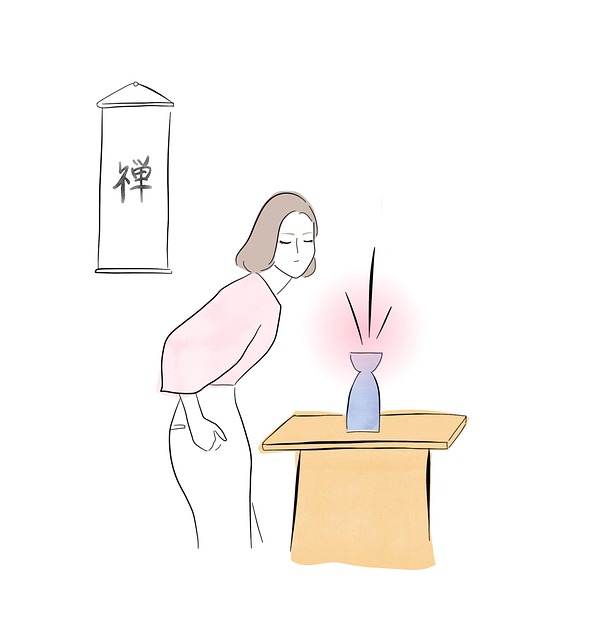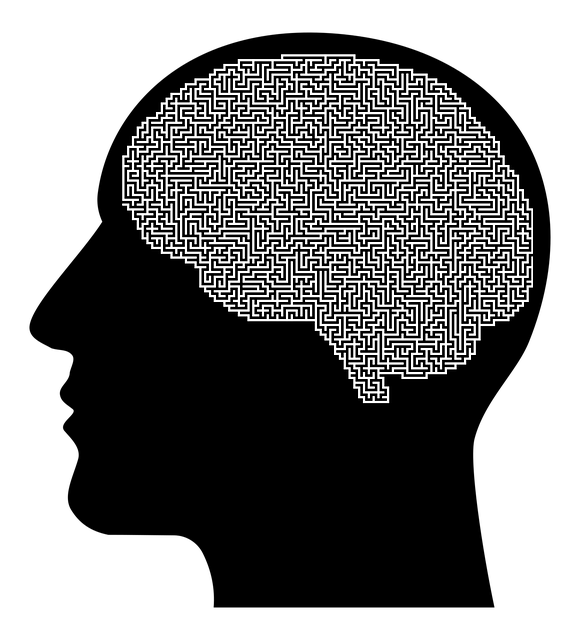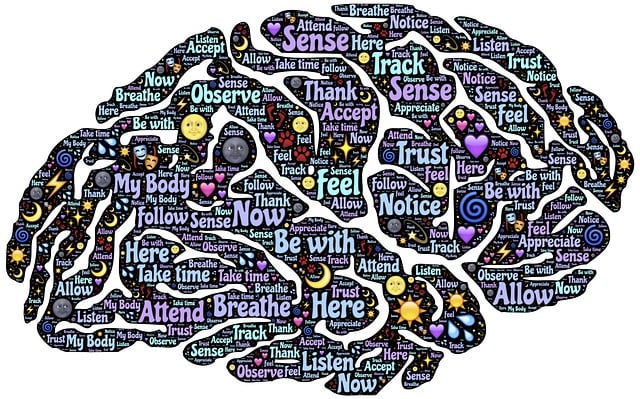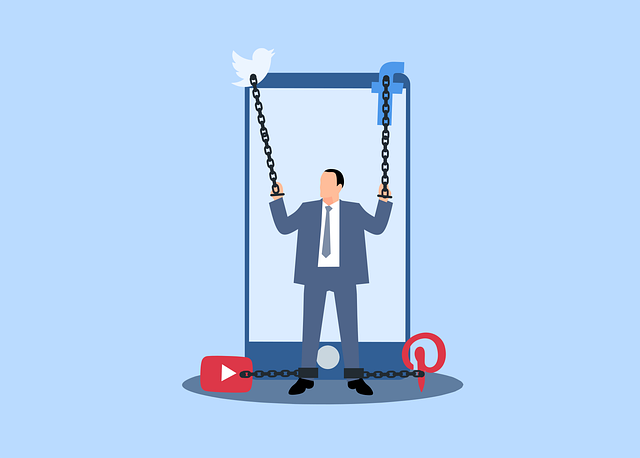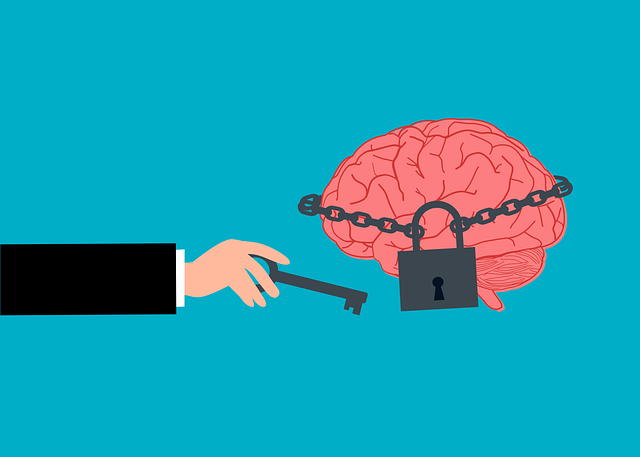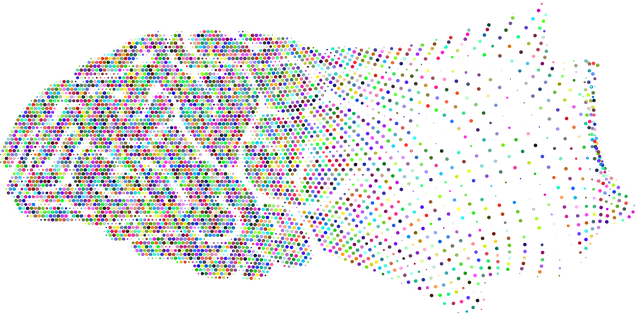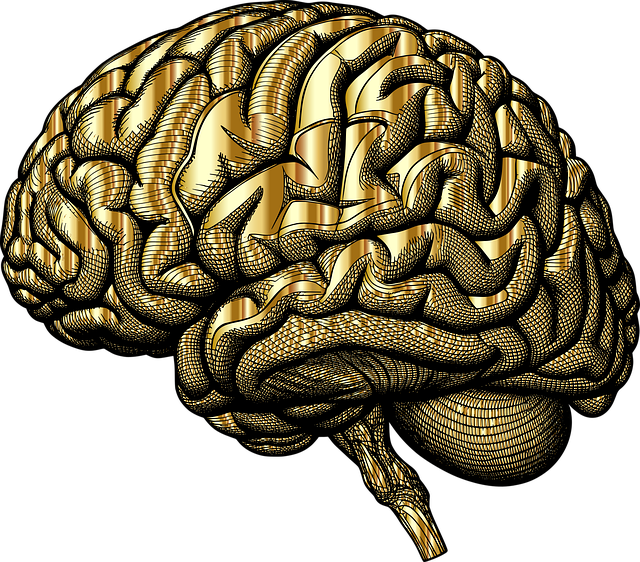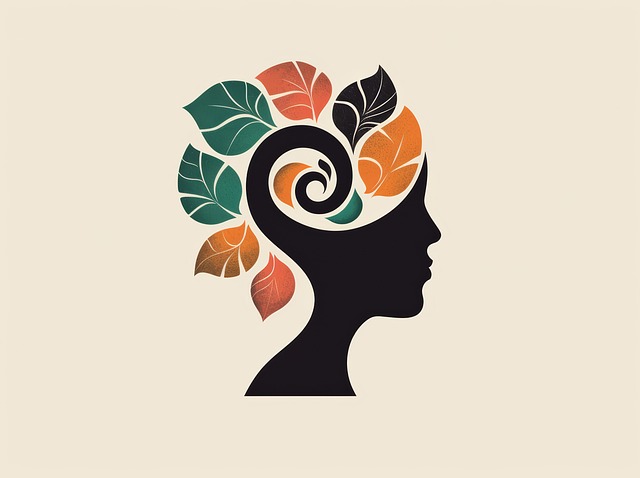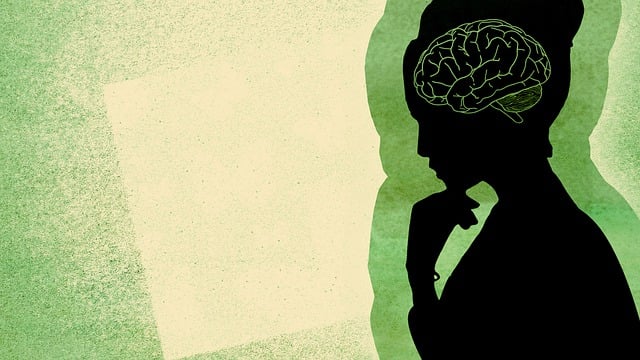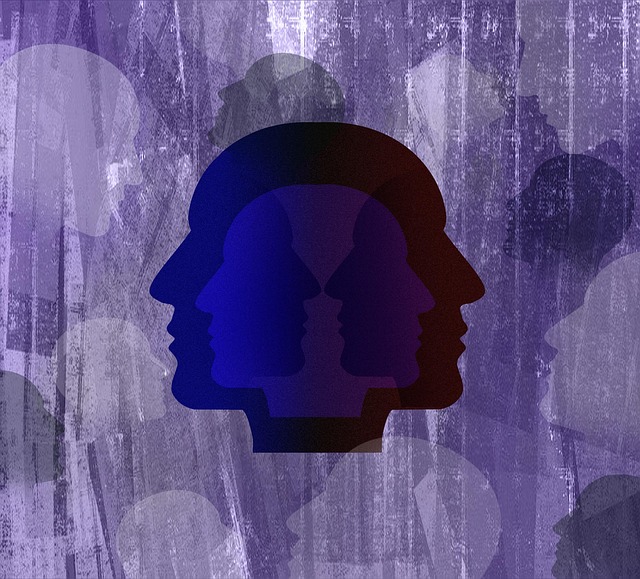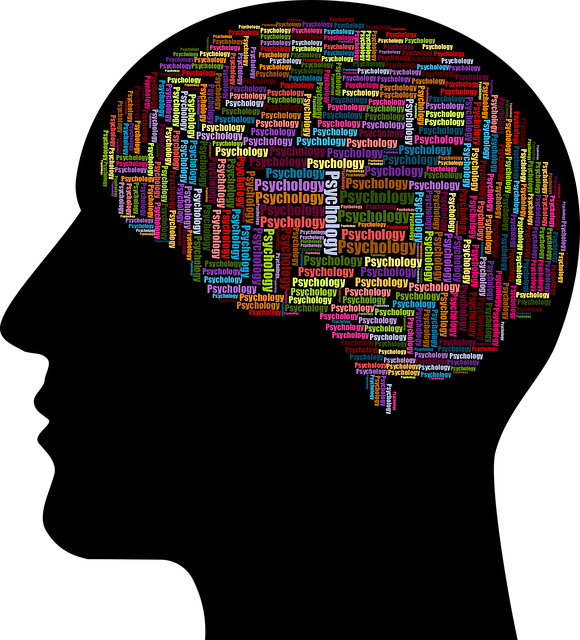Mindfulness meditation serves as a powerful therapy for both young adults and first responders, offering tools to manage stress, navigate emotions, and promote well-being. By cultivating present-moment awareness, individuals gain resilience, mental clarity, and self-awareness, reducing burnout risk. Incorporating short daily sessions can significantly benefit those dealing with trauma or life transitions, fostering peace amidst demands and enhancing mental health advocacy.
Mindfulness meditation has emerged as a powerful therapy for managing stress and promoting well-being, especially among young adults and first responders facing high-pressure environments. This practice enables individuals to cultivate present-moment awareness, enhancing emotional regulation and resilience. In this article, we explore the benefits of mindfulness meditation, delve into its significance for vulnerable populations like young adults and first responders, and provide practical tips to help you incorporate a daily meditation practice for improved mental health.
- Understanding Mindfulness Meditation for Stress Relief and Well-being
- Why is Mindfulness Meditation Beneficial for Young Adults and First Responders?
- Practical Tips to Incorporate Daily Mindfulness Meditation Practice
Understanding Mindfulness Meditation for Stress Relief and Well-being

Mindfulness meditation has emerged as a powerful therapy for young adults and first responders seeking stress relief and improved well-being. By focusing on the present moment, individuals can cultivate self-awareness exercises that help manage challenging emotions and promote mental clarity. This practice involves observing thoughts and sensations without judgment, fostering a deeper understanding of one’s inner state.
For those dealing with high-stress situations or trauma, mindfulness offers valuable conflict resolution techniques. It encourages a more balanced approach to stressful events, helping individuals respond rather than react impulsively. Incorporating mindfulness meditation into a self-care routine development can enhance overall mental health and resilience, making it an increasingly popular method for promoting peace and harmony in the midst of life’s demands.
Why is Mindfulness Meditation Beneficial for Young Adults and First Responders?

Mindfulness meditation offers a powerful tool for both emotional healing and personal growth, making it particularly beneficial for young adults and first responders. These individuals often face unique challenges such as stress, trauma, and high-pressure work environments. Mindfulness practices help in managing these pressures by promoting present-moment awareness, which can enhance their overall well-being and resilience.
For young adults, mindfulness meditation serves as a therapy that supports emotional healing processes and fosters empathy building strategies. It helps them navigate life’s transitions and uncertainties with greater calmness and clarity. Similarly, first responders benefit from crisis intervention guidance offered by mindfulness, enabling them to cope effectively with the psychological demands of their roles. By cultivating a deeper sense of self-awareness and compassion, mindfulness meditation equips both young adults and first responders with valuable skills to handle stress, avoid burnout, and maintain a healthy work-life balance.
Practical Tips to Incorporate Daily Mindfulness Meditation Practice

Incorporating daily mindfulness meditation into your routine can be a game-changer for young adults seeking therapy or first responders dealing with trauma. Start small, dedicating just 5–10 minutes each day to practice. Choose a quiet space where you won’t be disturbed; this could be your bedroom, a peaceful garden, or even a designated meditation corner in your home. Set an alarm if needed to ensure you don’t get sidetracked.
Begin by focusing on your breath—inhale deeply through your nose and exhale slowly through your mouth. This simple act anchors you in the present moment, helping to quiet racing thoughts and reduce stress levels. Over time, expand your awareness to bodily sensations, sounds around you, and even emotions without judgment. Remember, mindfulness is not about stopping thoughts but learning to observe them with a sense of detachment. For those looking for trauma support services or confidence boosting techniques, regular meditation practice can be a valuable tool in your mental health policy analysis and advocacy journey.
Mindfulness meditation offers a powerful tool for managing stress and enhancing well-being, particularly for young adults and first responders who often face unique challenges. By incorporating daily practice, individuals can cultivate mental resilience, improve emotional regulation, and foster a deeper sense of calm. The benefits extend beyond therapy, revolutionizing how we navigate life’s demands and promoting overall health. With simple yet effective techniques outlined in this guide, anyone can embark on their mindfulness journey and unlock its transformative potential.
